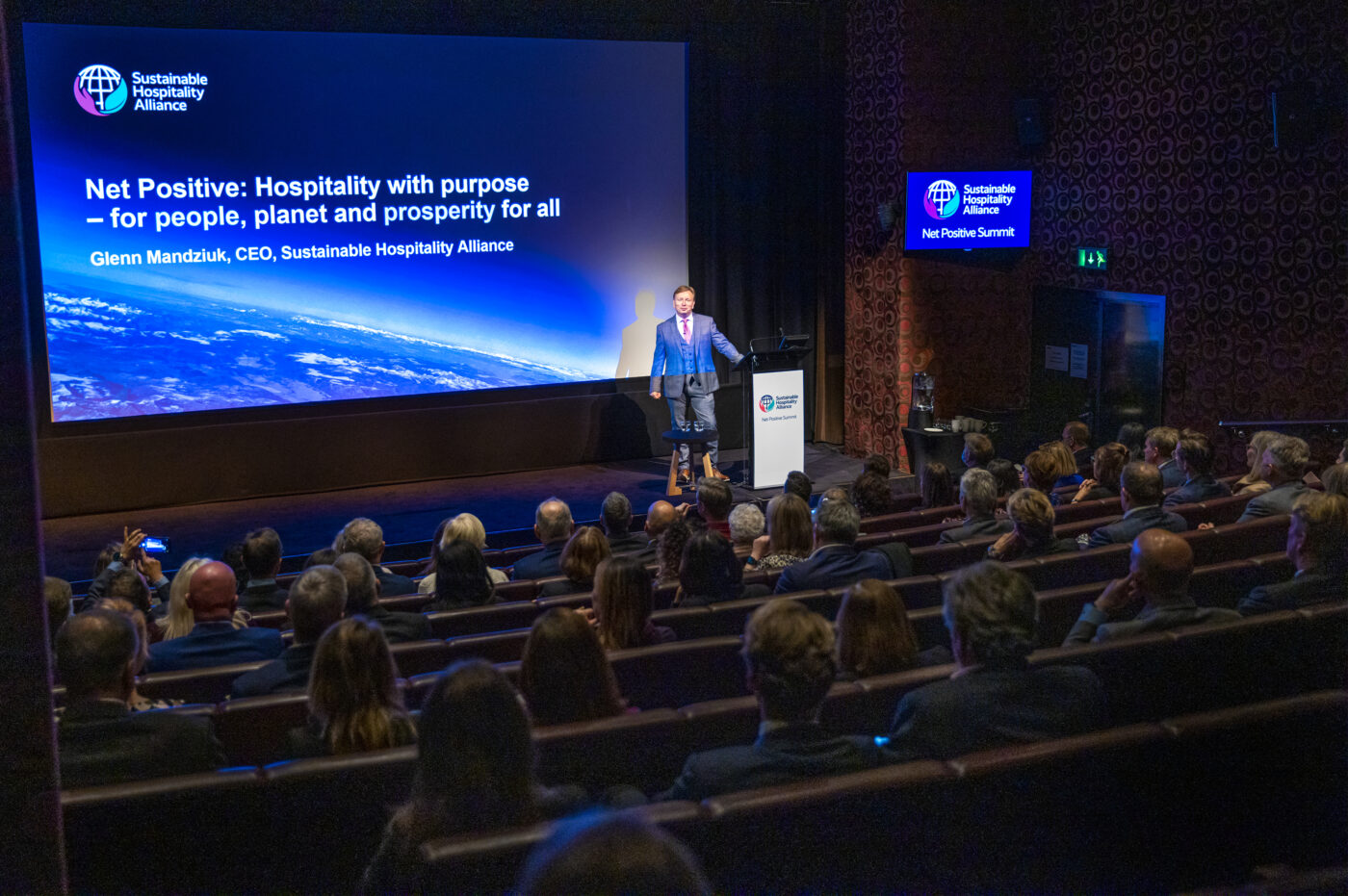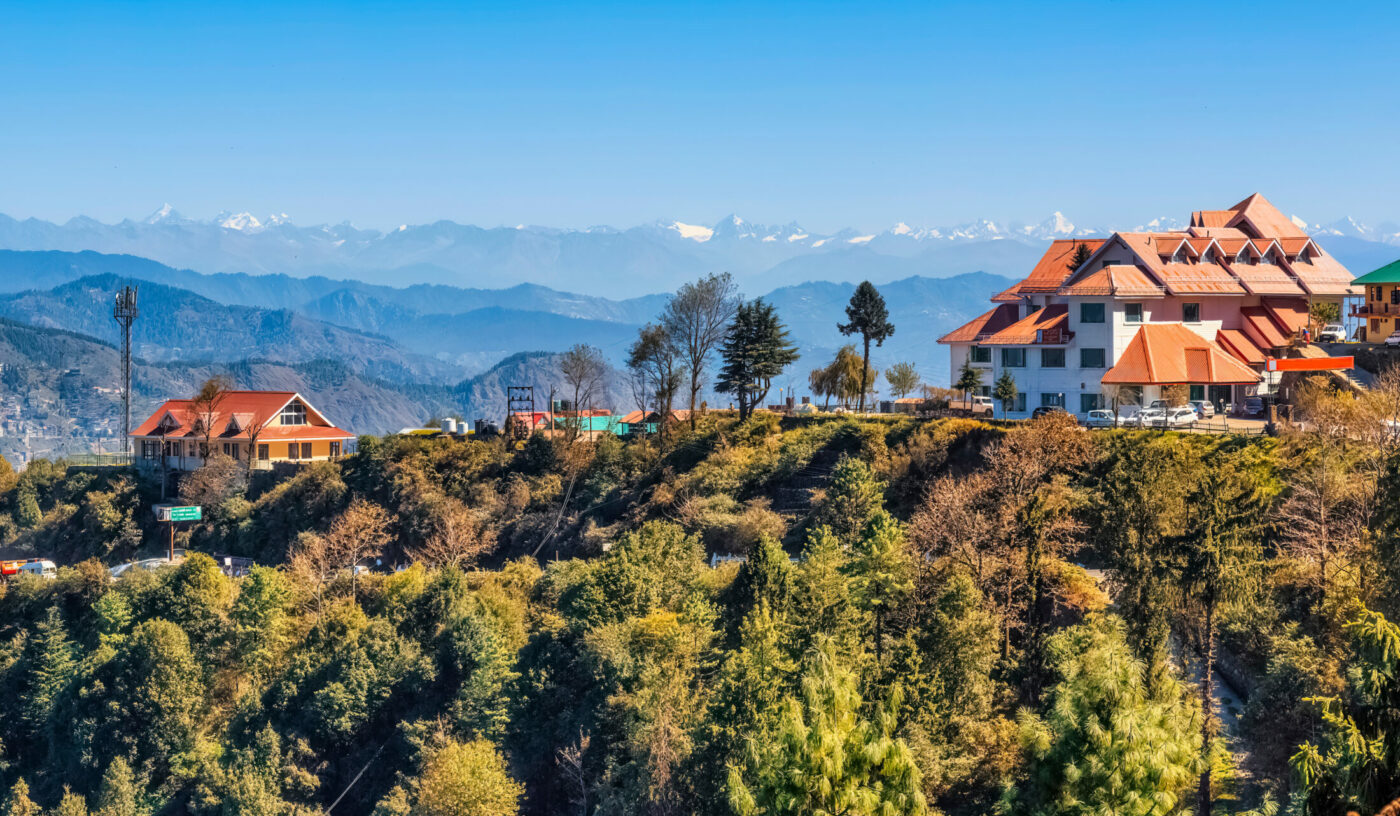Guest blog from the Aquaculture Stewardship Council and the Marine Stewardship Council
Seafood is the world’s most traded food commodity, and global appetite for the food, nutrition, and livelihoods that these products provide grows every year.
- Over 3 billion people rely on seafood as a major source of protein,1 highlighting its importance in food security and nutritious diets.
- Roughly 34% of our global fisheries are overfished,2 despite seafood being one of the world’s healthiest and lowest environmental impact food sources.3
The rapidly expanding aquaculture industry has stepped in to meet increased global demand as availability from wild capture has levelled off. In the face of an ever-changing global environment, whether it is pandemic-related trade disruptions or climate change, sustainable fishing and responsible aquaculture practices are critical in the development and growth of resilient systems that can sustain demand for seafood well into the future.
Why is a sustainable supply important for hospitality?
Sustainable supply is a critical long-term investment for hospitality because:
- Consumer demand for transparency into where their food comes from and brand leadership in making sustainable choices easier continues to increase.4
- Hotel locations often overlap with coastal communities that are the most reliant on seafood.
- Lengthy global seafood supply chains often mean that disruptions disproportionately impact companies, like hotels, that rely on fragmented, regional distribution.
It is therefore important to better understand what is being put on plates and if it is contributing to a more sustainable future for the seafood industry and the communities that rely on it. This is where programs like the Aquaculture Stewardship Council (ASC) and the Marine Stewardship Council (MSC) have stepped up to help shape a sustainable and responsible global seafood landscape.
How do you know if your seafood is sourced sustainably?
For farmed seafood, farms that are not following best practices may produce lower quality seafood and have potential to harm the environment. ASC certified responsible seafood is produced in clean, clear water in accordance with ASC’s strict standards and chain of custody protocols. ASC’s sea green label is the best way to know that the seafood you are serving was raised with care and is what it claims to be when it arrives at its destination.
For wild-capture fisheries, ensuring enough fish remain in the ocean is critical to sustain healthy seafood populations. With the MSC fisheries standard, certified fisheries must maintain sustainable fish stocks, minimise environmental impact, and show evidence of effective fisheries management. The use of the MSC blue fish label on package or menu makes it easy to identify and choose wild-caught seafood from a credible and verified certified sustainable source.
Certifications provide the highest level of assurance that a product is sustainable/responsible, has been harvested legally, and can be traced back to its source. The locations where certified seafood come from have been audited by a third party to confirm they are minimising impacts on the environment, and treating their employees, fish and surrounding communities with care. Certified companies must abide by a rigorous set of standards and commit to continuous improvement over time.

By purchasing certified seafood, companies are supporting responsible and sustainable practices today, while helping to ensure healthy oceans, coasts and wildlife for tomorrow.
Committing to source sustainably
Iberostar Hotels & Resorts is one example of a hospitality company committed to sustainability and has demonstrated that with their pledge to 100% responsible and sustainable seafood sourcing by 2025. In 2018 Iberostar achieved ASC and MSC certification for key restaurants in its hotels and began offering ASC and MSC certified seafood on menus. In 2019 Iberostar became the first hotel chain with ASC/MSC Chain of Custody certified restaurants in Southern Europe, the Dominican Republic and Mexico.
The hospitality industry has a big role to play in sustainable and responsible sourcing to protect communities and ocean health. Adriana Sanchez, Iberostar’s Responsible Seafood Strategy Director, noted two first steps to take.
- Collect data on your products and better understand your supply chain.
- Find strategic partners such as the ASC and MSC to better understand sustainability issues affecting seafood and hospitality and make use of their tools and resources to guide you.
These initiatives will help you and your company be better equipped to implement best practices in order to ultimately leave a lighter footprint on the planet.




